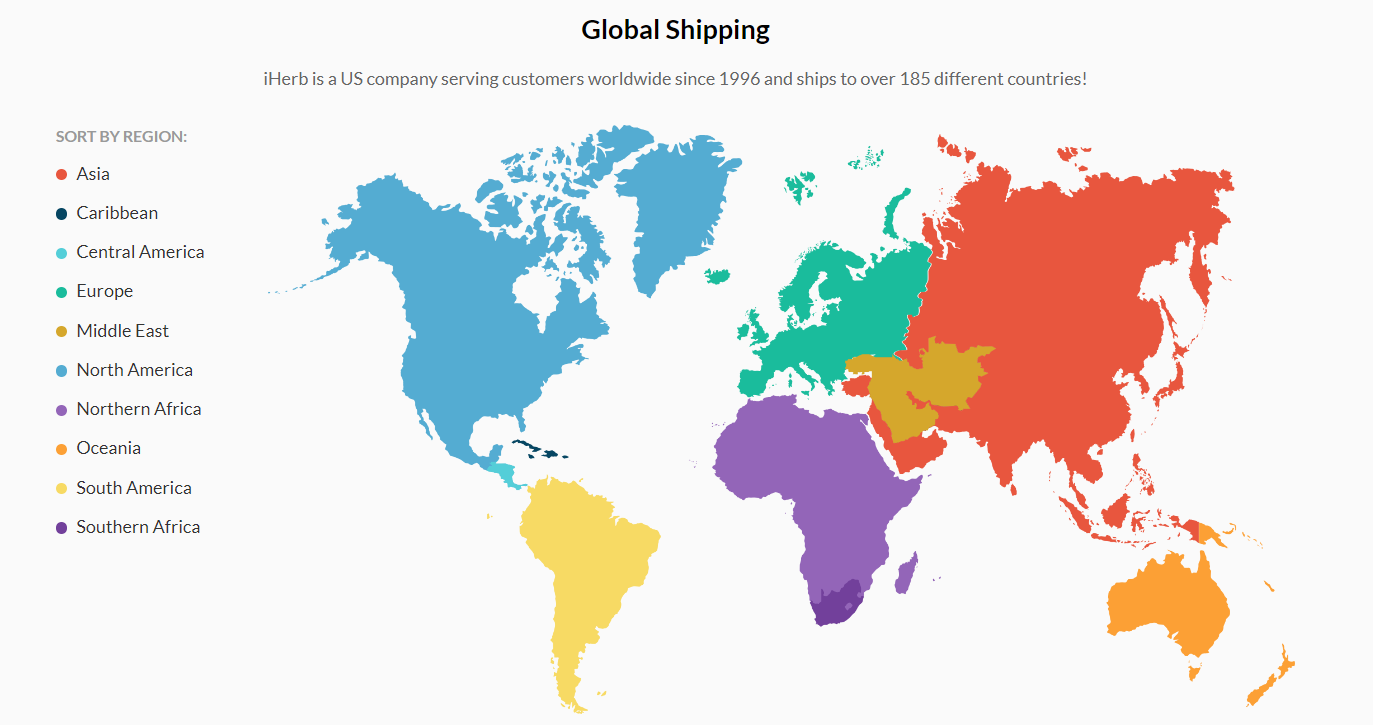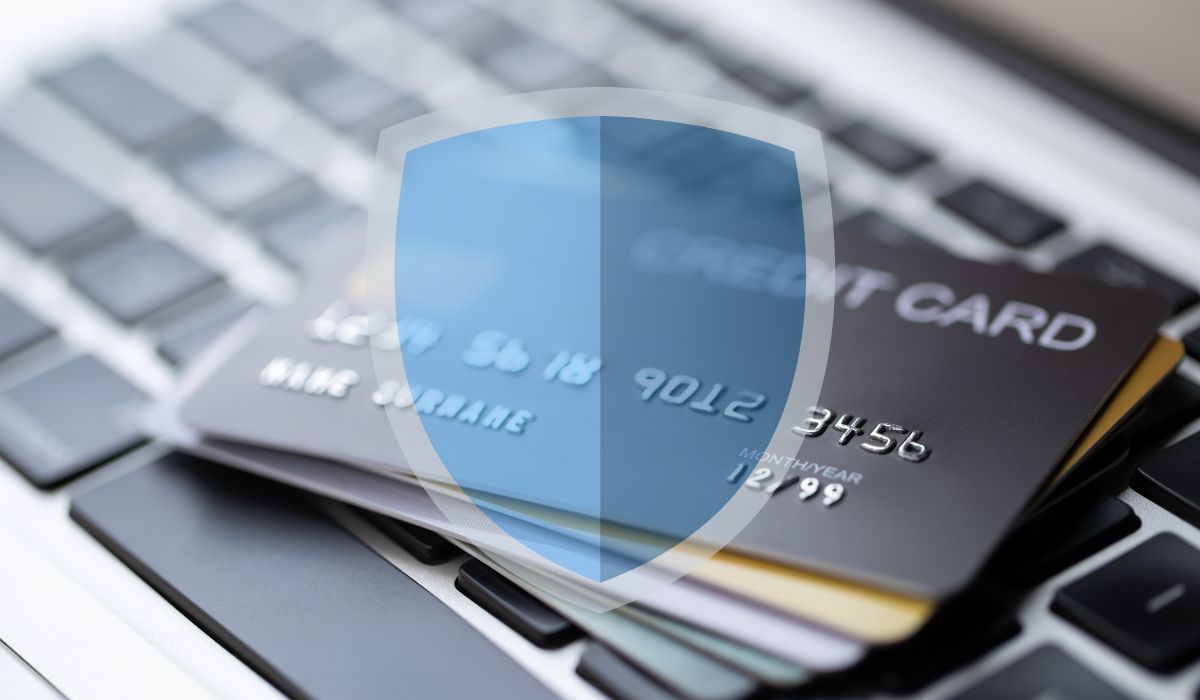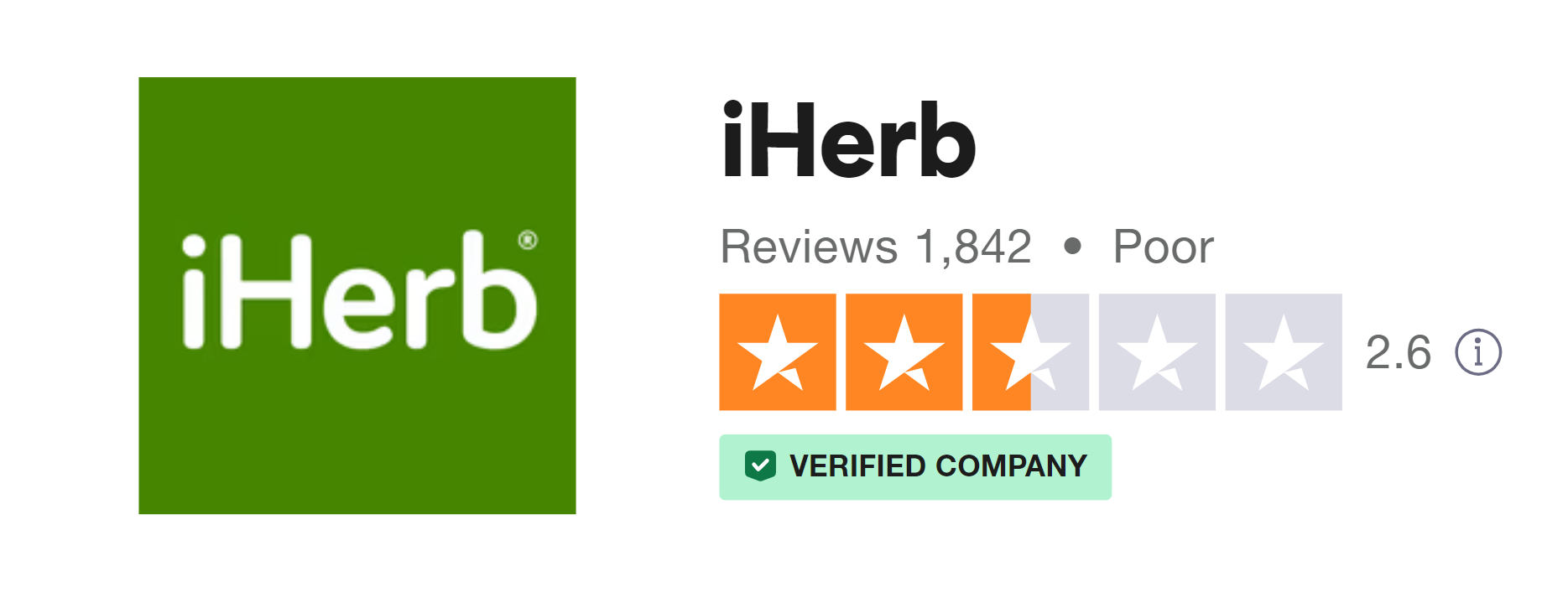There are plenty of online retailers, but few have been around as long as iHerb, which was founded way back in 1996.
iHerb is focused primarily on health and wellness products, ranging from nutritional supplements and cosmetics, to an array of organic foods. Though based in the United States, iHerb ships internationally to over 185 countries across different continents.
But how does iHerb work exactly? More importantly, is iHerb legit, trustworthy, and safe? What is the platform's security profile like, and are there any scams to look out for?
Is iHerb Legit?
As you may have already deduced, iHerb is a perfectly legitimate company. It functions like pretty much any other online retailer: you create an account, load your virtual shopping cart with products, fill out the information form, pay, and the order arrives at your doorstep within a reasonable time frame. This is relative and can range from a few days to a couple of weeks, depending on where you are based and which shipping method you choose.
Most iHerb orders are shipped from the US, but the company also has facilities in South Korea and Hong Kong. As for shipping methods, you can choose between UPS, DHL Express, and local post delivery. Various standard payment methods are available, but this differs from country to country.
Thousands of products are available on iHerb, and the vast majority of them have user reviews and ratings—the platform has a rewards program, so there is an incentive to leave honest reviews. Of course, online testimonies should always be taken with a pinch of salt, but there are ways to spot fake reviews, so keep that in mind before making a purchase.
It should also be noted that iHerb doesn't just sell products from major supplement and cosmetics brands, but also from smaller, up-and-coming companies, so it may be a good idea to do a bit of research about an unknown product before spending your money. Labdoor is a great resource when it comes to supplements—just type in the name of the product you're looking to buy, and you'll get a full report regarding its quality.
Is iHerb Secure? Does It Respect User Privacy?
iHerb uses various safety mechanisms to protect user security. For a start, the platform utilizes a debit and credit card protocol called 3D Secure (3DS). The three Ds refer to the following three domains: the merchant domain, the issuer domain, and the interoperability domain. 3DS requires two-step verification for every purchase, which reduces the risk of fraud.
Credit card numbers and other personal information customers submit to iHerb is 256-bit encrypted. The platform uses the Transport Layer Security encryption protocol, and complies with Payment Card Industry Data Security Standards, a set of rules and policies designed to protect cardholders.
iHerb also utilizes payment card tokenization, which is a process that anonymizes information by converting sensitive data to a string of random digits and letters. This means that iHerb only stores the last four digits and the expiration date of your payment cards.
What about privacy? iHerb complies with several global privacy regulations, including the California Consumer Privacy Act (CCPA) and General Data Protection Regulation (GDPR).
In its privacy policy, iHerb explicitly states that it does not sell users' personal information to third parties. However, some personal information may be collected by third parties (vendors, affiliates, ad networks) iHerb collaborates with, if the user allows so. Apart from that, iHerb may use the information you provide to send newsletters, notifications, special offers and such, but it can be argued that this is pretty much standard industry practice, and you can always opt out of receiving promotional emails of any kind.
Are iHerb Coupons and Promo Codes Legit?
Like many other online retailers, iHerb offers all sorts of discounts, promotional deals, and coupons. Googling the phrase "iHerb coupons" produces hundreds of results, some promising discounts of up to 30 percent. Though some of these are genuine, many are not, so it's probably best to stick to reputable and trustworthy coupon sites.
It is also important to note that every iHerb user has their own unique link and code that's tied to the rewards program, so that's another way to get discounts and whatnot. Additionally, iHerb has a referral and affiliate program, which may be of interest to internet marketing professionals, influencers, and webmasters.
iHerb Issues: Negative Reviews, Scams
Like most e-commerce sites, iHerb has had its fair share of customer service issues over the years. A glance at the popular review website Trustpilot reveals that people most commonly report issues related to shipping and unresponsive customer service. With that said, nearly every retailer has been bombarded with similar negative reviews, so this appears to be more of an industry issue than a problem endemic to iHerb.
iHerb in and of itself is a secure and reliable platform, but there are always scams to look out for, as the company makes clear on its official website. This includes fake emails and pop-up ads that look like they are from iHerb, fake coupons and promotional offerings, scam text and phone calls.
Still, you should have no issues as long as you stick to basic cybersecurity protocols, meaning: don't click on strange pop-ups or leave your personal information on fishy websites, never open attachments from unknown addresses, always make sure to double-check if an email or a promotional offer are legitimate, never click on suspicious links, and so on.
iHerb Is Safe, But Your Security Is Your Responsibility
In conclusion, iHerb is about as safe as Amazon, eBay, or any other major e-commerce platform. It's a great place to buy vitamins, minerals, protein powder, and pretty much any other kind of dietary supplement. The platform itself is safe, has multiple security layers, and respects customer privacy to a satisfactory level.
With that said, your online security is your responsibility. For a start, install reliable anti-malware software, use a private browser, update all software regularly, and secure all your devices. And when it comes to online shopping in particular, familiarize yourself with the most common threats and ways to protect yourself from them.




